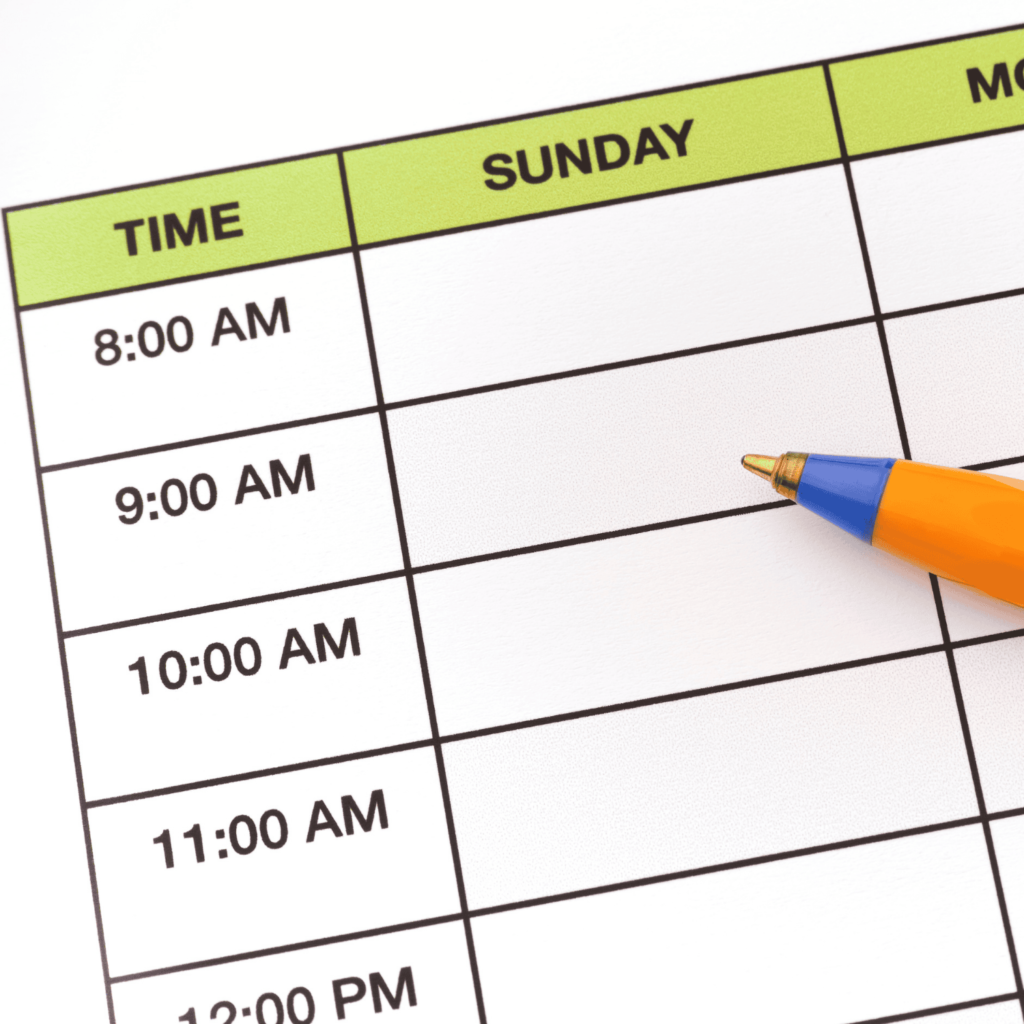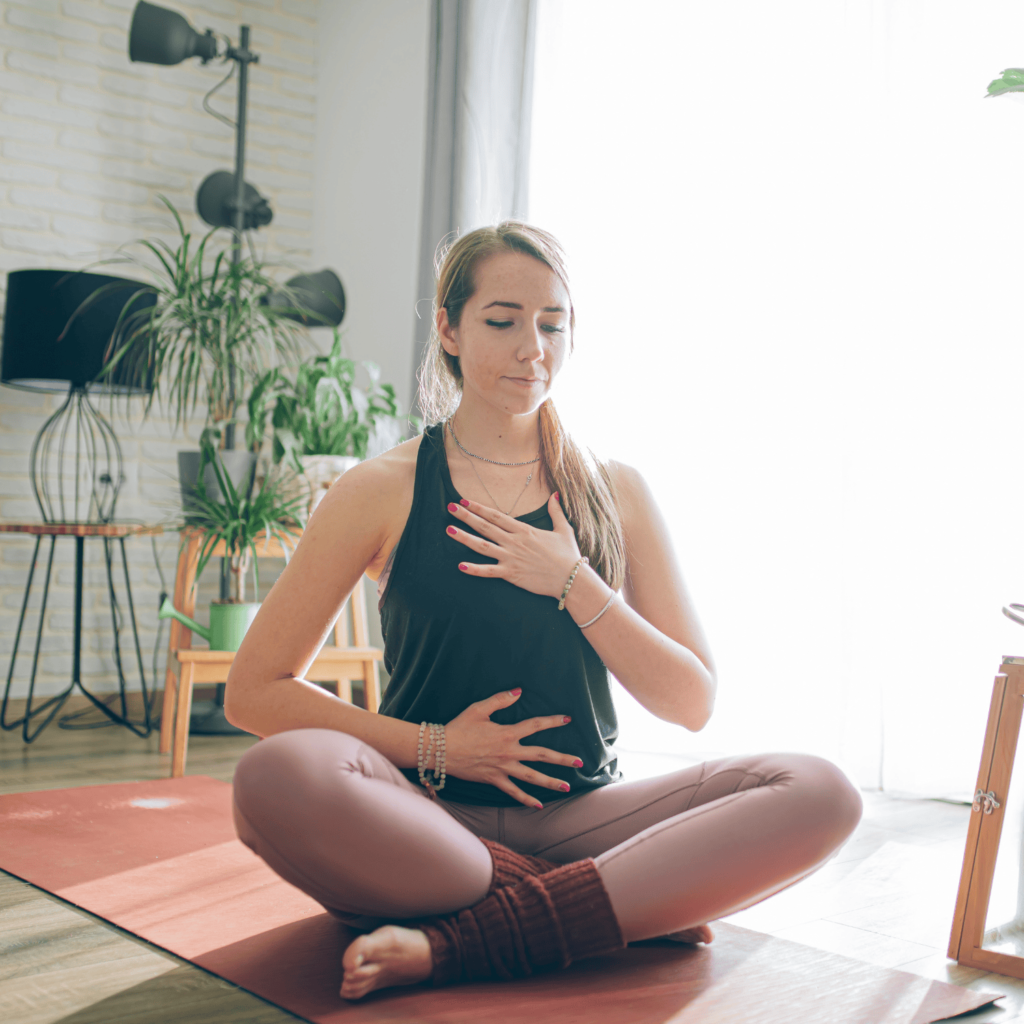
When we talk about personal growth, we often focus on mental and emotional development. But physical wellness is a huge part of the puzzle, too. Think about it: when you feel good physically, you have more energy, focus, and resilience. Wellness isn’t just a buzzword; it’s the foundation that supports every other aspect of growth.
From managing stress to boosting confidence, physical wellness is an essential part of becoming the best version of yourself.
How Physical Wellness Impacts Personal Growth
Increases Energy and Focus
Regular physical activity boosts your energy levels by improving blood flow, delivering oxygen, and helping your body release endorphins—our natural “feel-good” hormones. When you’re physically active, you’ll find it easier to stay alert and focused, which supports productivity in other areas of life.

Boosts Mental Health
Exercise has been shown to reduce symptoms of anxiety and depression. Physical wellness isn’t just about building muscles or losing weight; it’s also about building resilience and reducing stress. As a 2017 study published in The Lancet found, people who exercise regularly report fewer days of poor mental health compared to those who don’t exercise.

Strengthens Discipline and Consistency
Committing to a wellness routine builds discipline. Sticking to a workout schedule, making healthy meal choices, and setting aside time for rest all require consistent effort. This discipline can translate into other areas, such as career goals, relationships, and personal projects.

Improves Self-Confidence
Physical wellness impacts how we feel about ourselves. When we take care of our bodies, we’re also boosting our self-esteem. Confidence doesn’t come from the number on the scale; it comes from feeling strong, capable, and in control of our well-being.

Building Physical Wellness Habits for Personal Growth

Start Small with Daily Movement
You don’t have to hit the gym every day to experience the benefits of physical wellness. Aim for 20–30 minutes of movement, whether it’s a walk, yoga, or dancing to your favorite playlist. The key is to find activities that you enjoy so that moving becomes a part of your lifestyle, not a chore.

Prioritize Sleep
Good physical health isn’t just about exercise—it also means giving your body time to recover. Sleep is crucial for memory, focus, and emotional regulation. Aim for 7–9 hours a night, and set a consistent bedtime to make sleep a non-negotiable part of your wellness routine.

Fuel Your Body with Nutritious Foods
Nourishing your body with whole, nutrient-dense foods is essential for sustained energy and mental clarity. Focus on a balanced diet of vegetables, lean proteins, whole grains, and healthy fats. And remember, it’s okay to treat yourself occasionally—it’s all about balance.

Practice Mindful Breathing
Physical wellness includes managing stress. Take 5–10 minutes each day to practice deep breathing or relaxation techniques. This can reduce cortisol levels (the stress hormone) and promote relaxation. Mindful breathing is an easy way to reset, especially on those busy days.
Reflecting on Your Physical Wellness Journey
Physical wellness is an ongoing process, not a one-time goal. Keep track of your progress, and celebrate your wins, big or small. Did you go for a walk after a busy workday? Did you make a healthier food choice? Acknowledge these moments as steps toward a stronger, healthier you.
Physical wellness lays the groundwork for every other aspect of growth. When your body feels good, it’s easier to focus on your personal and professional goals.






